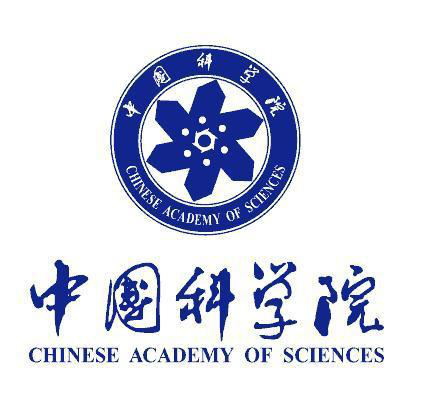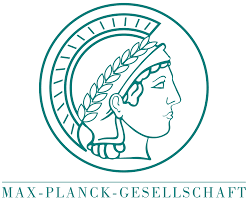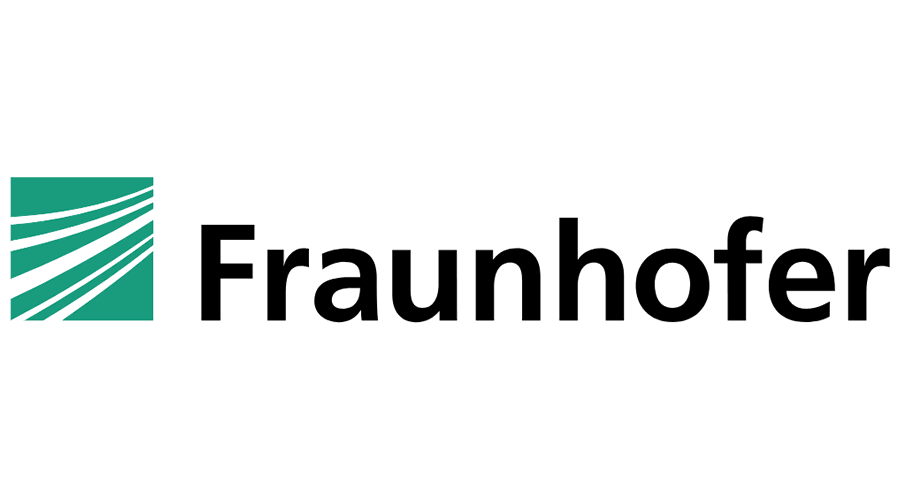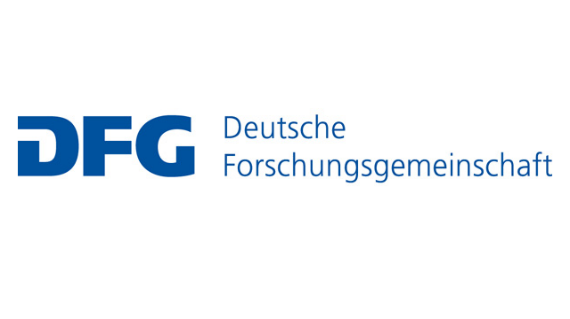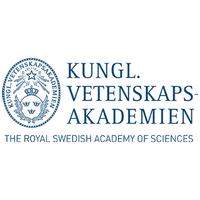Resveratrol-induced Apoptosis in Human Breast Cancer Cells Is Mediated Primarily through the Caspase-3-dependent Pathway
Background
Resveratrol (RSVL), a nontoxic natural compound found in a wide variety of plants with known antioxidant and anti-inflammatory properties, is emerging as a potent chemopreventive and anticancer drug. Recently, we demonstrated that RSVL-induced apoptosis in several human cancer cell lines was associated with cleavage of the proapoptotic 116 kDa poly(ADP-ribose) polymerase protein (PARP) into its 89-kDa fragment.
Methods
Western blotting was used to check the levels of caspase-3 and PARP proteins. The caspase activity was analyzed with the caspase-3 colorimetric substrate DEVD-pNA. Apoptotic cells were quantified by annexin V-FITC-propidium iodide double staining.
Results
We show that RSVL cleaved the immature caspase-3 (35 kDa) into the active fragments (p12, p17, p20) in a dose- and time-dependent manner. In addition, RSVL markedly increased caspase-3 activity (5-fold) in cells. Interestingly, RSVL-induced PARP cleavage and apoptosis was blocked specifically by inhibiting caspase-3.
Conclusions
Collectively, the data suggest that caspase-3 activation by RSVL is required for PARP degradation and induction of apoptosis in MDA-MB-231 cells and provide additional insights into the action of RSVL, thus substantiating the chemopreventive potential of RSVL against human breast cancer.





